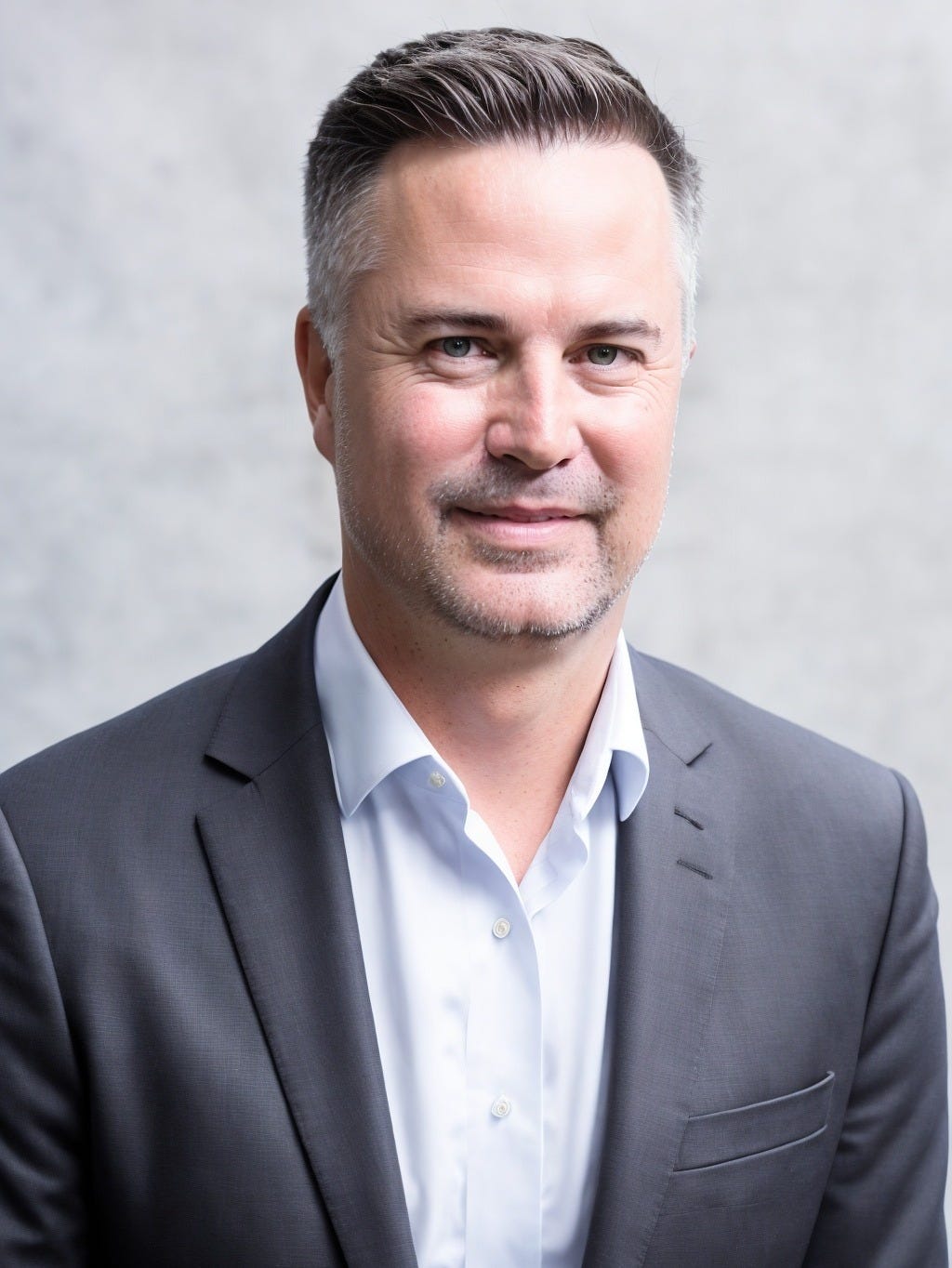High Intelligence Doesn't Automatically Protect You From Errors
Why that is, the risks and what can be done about it to mitigate problems
Intellect is advantageous in different personal and professional situations yet that doesn’t mean it isn’t susceptible to error.
"High intelligence does not make people immune to biases.”
Keith Stanovich, psychologist
This comment inspires the question, why doesn’t a high degree of intelligence protect us from biased processing and conclusions?
“From a brain science perspective, intelligence and bias are managed by completely different parts of our brain, making it difficult but not impossible for one to completely overrule or overpower the other,” says Laura Barnard, a leadership development and branding expert, author of “Leadership Types” and the founder at BREAKTHRU Brands.
Our humanness plays a large role in why we can fall short, despite intelligence, in our thinking and the cognitive convictions we develop.
“All people, no matter the intelligence level, have preconceived notions and views that have been influenced by their upbringing, experiences and culture,” says Vikas Keshri, a psychotherapist, specialist in dialectical behavior therapy and anger management and the Clinical Director at Bloom Clinical Care. “Depending on how deeply embedded these views are, they might not even be aware that they are biases at all.”
“When mixed with high intelligence, a person may be more adept at formulating rational justifications and arguments, which allows them to defend and justify their biases even when they are unfounded.”
Even becoming more aware may not sufficiently guard against errors.
“It's important to remember that having the tools to overcome biases does not automatically mean that intelligent people will use them to override their upbringing or the echo chamber they may find themselves in. It also requires a good amount of emotional intelligence to do so.”
“High intelligence does not protect us from bias because biases are deeply-ingrained, psychological shortcuts that operate outside of our conscious awareness,” says David Ciccarelli, the founder and CEO at Lake.com, an online vacation rental platform for cabins, cottages and lakeside retreats.
“Even the most-intelligent individuals rely on these shortcuts to process information quickly, which can lead to biased thinking.
“Intelligence may enhance our ability to rationalize our decisions but it doesn't necessarily make us more aware of the biases influencing those decisions.”
As Keshri and Ciccarelli communicated, intelligence can work against us.
“I think that intelligent individuals might even be more susceptible to certain biases,” says Stephen Greet, CEO and co-founder at BeamJobs, “because they're skilled at constructing convincing arguments to justify their preconceived notions.
“It’s like having a supercomputer that processes data incredibly fast but still has software bugs; the output might be quick, but not necessarily accurate.”
Risk accompanies the strong, unshakable belief that our intelligence is at a level beyond where we can’t think and act in biased ways.

“Not accepting the reality of biases in life, make for an even more biased person than would be considered average,” says Jonathon Molik, the Director of Intelligence and Security at Army National Guard. “And the more biases one has, the more they are likely to be judgmental, short-sighted, less critical in their thinking, under-calculating and overly emotional, all traits that can hinder us at work or at home.”
There is additional psychology that can explain why high intellect doesn’t act as a protective layer to suboptimal or poor conclusions and actions.
“There is a notion known as social identity theory, which holds that people create their perceived self-worth from their membership in a particular social group,” Keshri says. “Discrimination or exclusion of those who are not part of the group may result from this, as well as favoritism for those who are.
“In business, highly-intelligent leaders who do not believe they could be biased might unknowingly subscribe to this belief, viewing themselves as superior and identifying as ‘elite.’ This elitism can lead them to show preferential treatment toward people they see as equally intelligent, creating a toxic workplace where leaders dismiss the ideas or opinions of colleagues they perceive as less intelligent, even if those ideas are valuable.”

“Believing that our intelligence makes us immune to bias can lead to overconfidence, which is dangerous in any context,” Ciccarelli asserts. “In business, it can result in poor decision-making, as we may dismiss alternative perspectives and overlook critical information.
“In personal relationships, this mindset can create communication barriers and lead to misunderstandings.
“In society, it can perpetuate systemic biases, as we fail to recognize the influence of our preconceptions on our actions and judgments.”
Preventing or mitigating bias is a tall task. There are efforts however that can be made.
“We need to start by gathering meaningful insights,” Barnard says. “Start with self-reflection and self-awareness of our own internal biases. Then ask for feedback from a diverse set of team members about the biases we may be displaying and the biases at play in the environment around us.
“Once we identify the fuller landscape, we can begin to seek out resources and facilitate conversations that begin to prevent and mitigate them.”
Humility and regular introspection can be valuable, helpful prescriptions.
“The best way to prevent and mitigate bias is to cultivate self-awareness and encourage diverse perspectives,” Ciccarelli says. “By regularly reflecting on our thought processes and seeking out opinions different from our own, we can become more conscious of our biases and actively work to counteract them.”
Keshri offers to provide guidance for becoming more aware of biases so highly-intelligent individuals can understand the world and people better and improve conclusions and decisions.
“Become more aware of our shared humanity,” he recommends.
“Diversify the people you engage with to understand the limitations of your experiences and worldview. Participate in volunteer roles, join community social programs, try different cuisines or explore new hobbies."
Thank you for reading this issue of Communication Intelligence.
Follow on the LinkedIn company page for Communication Intelligence





